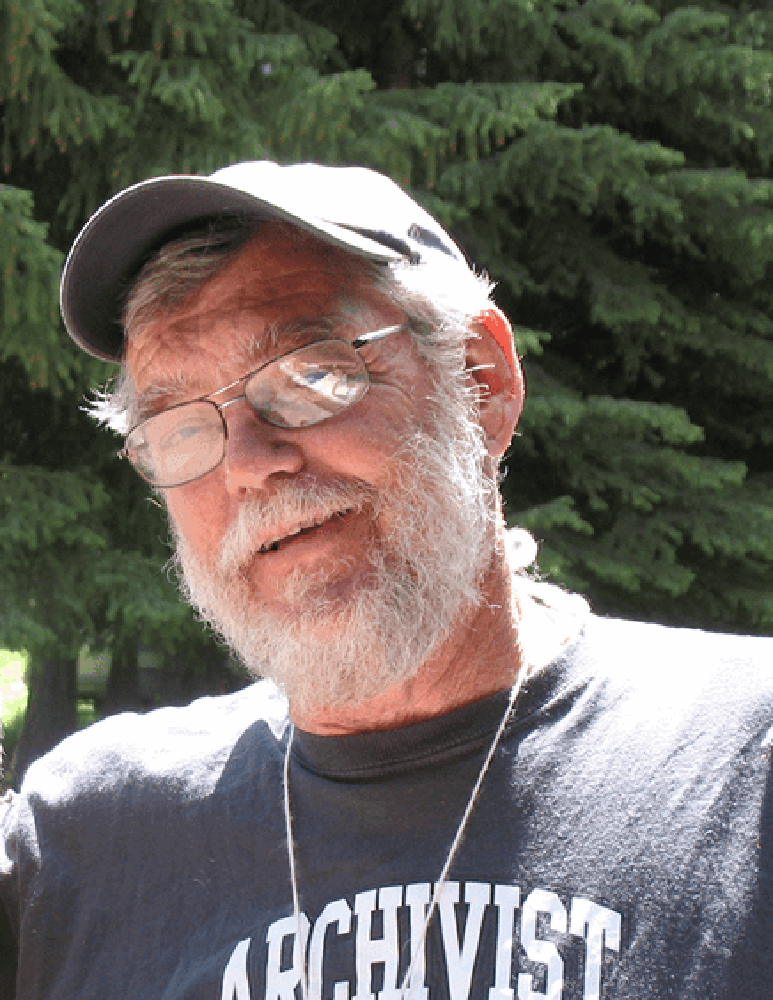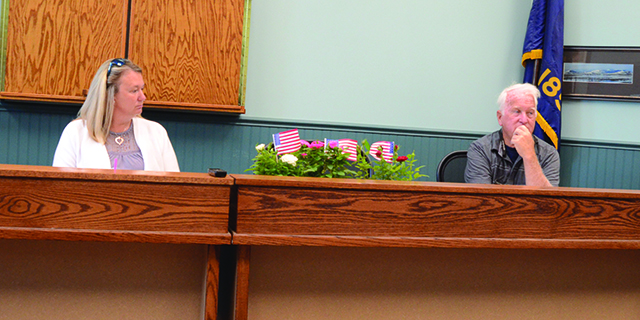Main Street: Today’s sociopolitical climate may prevent sidewalks
Published 6:00 am Wednesday, May 19, 2021

- Rich Wandschneider
It occurs to me, as I walk my dog each morning, sometimes along the broken sidewalks of Joseph’s Main Street, that we might not be able to build sidewalks in today’s sociopolitical climate. Sure, sidewalks will probably be part of the new housing development in Joseph, as they are in the sprawling suburbs of Portland. But the idea that a city could ask individual citizens to put in sidewalks as they build their houses would, I think, be a hard sell.
Merchants in the commercial district know that good walking surfaces that are easy to clean and shovel and that don’t turn to mud in spring are in their self-interest, so when necessary, they can form a special improvement district to clean up, stabilize and standardize the sidewalks. Businesses in Joseph, with strong leadership from a few and from the city, and cooperation of the Oregon Department of Transportation, gave us the sidewalks, buried utility lines and general streetscape that we all enjoy today. I’ll get in trouble by omitting many, but without business owner Rob Lamb, Mayor Shelley Curtiss and Sara Miller of the Northeast Oregon Economic Development group, this would not have happened. Many who have moved here recently might not know this, and might want to shake a hand — and let Rob, Shelley and Sara tell you what other hands there are to shake.
Sidewalks in new developments are an easy sell. They are wrapped into the price of streets, utility infrastructure, and sometimes the house itself. A 40-home subdivision with gravel streets and no sidewalks — even if legal, and I have no idea what the various laws that govern these things are from place to place — would be a hard sell. The cost is buried in a blur of other “infrastructure” costs, it won’t raise the overall price much and it looks good.
But there was a time before housing developments when cities and homebuilders cooperated to build sidewalks. When a sidewalk in front of my house, no matter whether I had kids who played hopscotch or walked on it myself, was considered a natural nod to community. Maybe it was before the overwhelming use of the automobile, when people walked to work and school. Before the time when garages migrated from alley entrance to side of the house to part of the house.
I’m not the only one walking my dog — or just walking. Still and all, most people in most houses in our small towns can argue that a sidewalk in front of their houses are of no use to them, and they are not going to pay for them.
Which puts me in mind of Joseph’s paved streets. We don’t need walking sidewalks on most side streets in Joseph because the traffic is light, and we now have smooth, new streets. What a joy to walk and ride my bike on them, to see chalked hopscotch boxes and children’s drawings and the mobile basketball hoops on back streets. A few years back, when then-Mayor Dennis Sands tried mightily to talk the residents into fixing our streets, he had little or no success that I remember. And then, one day, over two summers, we had new, paved streets. I can’t tell you whether Dennis was still the mayor, or whether Theresa Sajonia had taken the job. I know that my monthly bill from the city went from $50 to $100 a month instantly and my complaints were few and short — I rode and ride my bike and drive my car without negotiating potholes, and I make it a practice to pay my dues.
This is especially interesting in light of the recent hubbub about Joseph city politics. I’ve heard many rumors about the sources of those troubles, but can remember no one complaining that the city — or the mayor or the administrator or the council — had jammed new streets down their throats. We like our streets.
The lesson here is that we could not get together to vote for them, but they got done and we are largely happy for it. Getting together to do things that might benefit the neighbor more than me is hard to do today — not impossible, but a tricky task that we are more likely to throw back to “leadership.”
I doubt the Main Street sidewalks that extend beyond the business district into housing will ever be repaired, but even the libertarians among us are not standing to shout that they did not need a paved street in front of their houses, and therefore won’t pay for them. Some of those staunch individualists probably have children playing hopscotch. Or maybe just like watching the neighbor kids ride bikes and shoot hoops.









